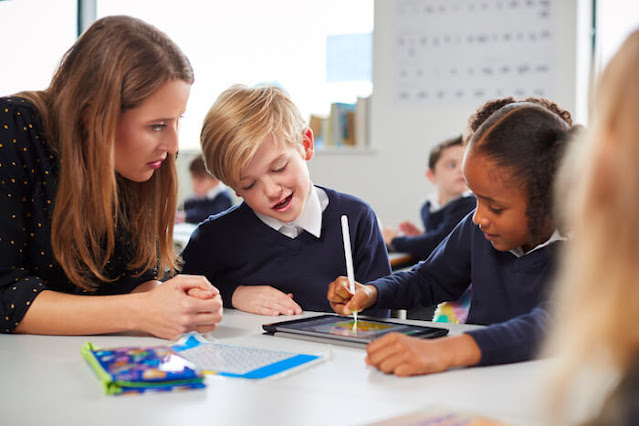Article by Ross Hansen
The coronavirus pandemic has been tough on us all. As things begin to slightly return to normal, it seems fitting to take some time to reflect on life. When the UK Government announced we’d be going into lockdown on 23rd March 2020, we had to adjust dramatically.
One of the groups most affected were parents who were working from home and attempting to homeschool their children too. According to recent research from Churchill, 39% of parents said they felt inadequate to teach their child during lockdown. On average, children were only spending an average of two and a half hours a day on schoolwork.
Another survey found parents of school-age children have gained a new-found appreciation for their kids’ teachers. Indeed, as schools reopen, teachers will be torn between high workloads and family responsibilities at home. This is nothing new to them, but along with COVID-19 requirements (such as social distancing and additional cleaning) it’s a lot to manage.
That’s why we’ve decided to focus on stress-busting strategies for teachers looking to focus on their health and wellbeing. Not only are these tips applicable for primary and secondary teachers, but they can be used by professionals across other industries too. After all, it’s vital we look after ourselves in order to do a good job at work – but as many parents have learnt during lockdown, children can add another layer of stress to the working day!
Meditation apps
If you’ve never done it before, meditation can feel like a bit of an alien concept aimed at people who go on yoga retreats or have lots of spare time. But meditation is for everyone, and you only need a couple of minutes each day to start feeling better. With benefits such as reduced stress and improved concentration, it’s worth checking out the best apps designed to help you meditate.
Mindfulness
You’ll find a lot of the meditation apps focus on breathing and mindfulness. Practising mindfulness is about focusing on the present moment and concentrating on how your mind and body feel.
How we breathe can have a huge impact on how we feel, and vice versa. If you’ve felt anxious, you’ll know how your breath can become short and quick. Focusing on your breathing can cement you in the present moment and allow you to check in with your feelings and thoughts.
It’s something you could try doing at break times if you have a moment. The working day as a teacher can feel rushed, so take these opportunities to pause. Or perhaps you could bring mindfulness into the classroom, and teach kids the importance of being present and seeing how they feel.
Communication
It’s important you communicate with your family and friends, as well as your employer. If you’re feeling under pressure, you may need to check in with your expectations at work. Currently, teachers may be spending a lot of time making sure students adhere to COVID-19 requirements, or managing student wellbeing.
These truly are unprecedented times and you don’t need to put additional pressure on yourself. Communicating with those around you can help manage expectations and ensure you get support where required.
Work-life balance
Once you’re back in the classroom, make sure you have set boundaries between your home and work life. This has been particularly tricky during lockdown, but where possible, leave work at work – or in a dedicated space at home, during dedicated times.
You need to be able to switch off from the working day, and have your own time at home. That’s without checking your emails or doing any marking. Try to keep a clear distinction between the time you spend working and time you spend at home.
Exercise
Throughout lockdown many of us have rediscovered the value of exercise. With limited things to do, we’ve ended up truly embracing the time we can spend outdoors. Not only does nature have a proven impact on our wellbeing, exercise makes us feel better too.
It releases endorphins and has long-term health benefits. It’s also time dedicated to yourself. Before or after a day of teaching, it can be nice to do something for yourself – rather than for the school kids or your own children.
How have you found moments of calm throughout this chaotic time? Are there any habits you’ve picked up which you’d like to continue? Share your tips with us.



